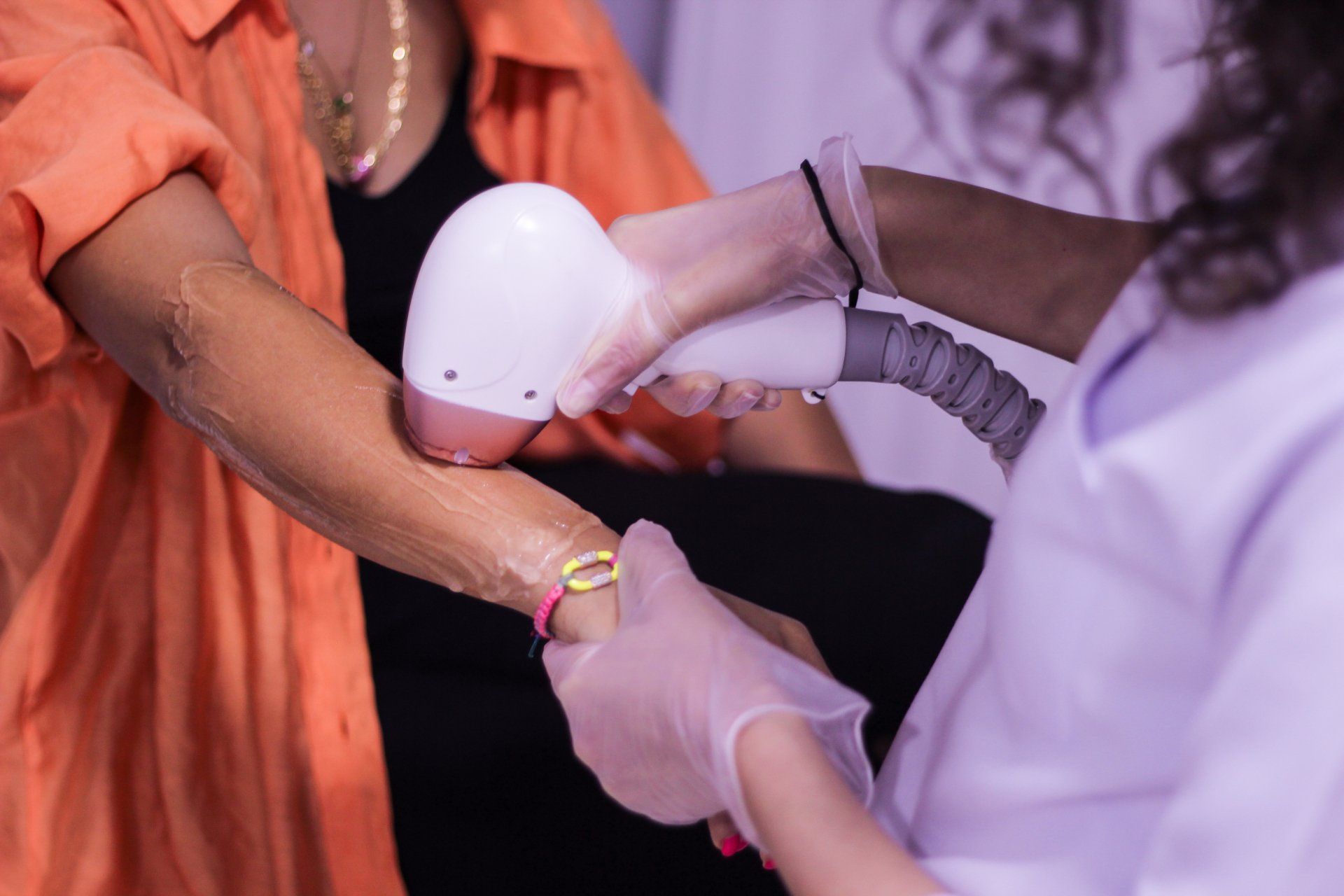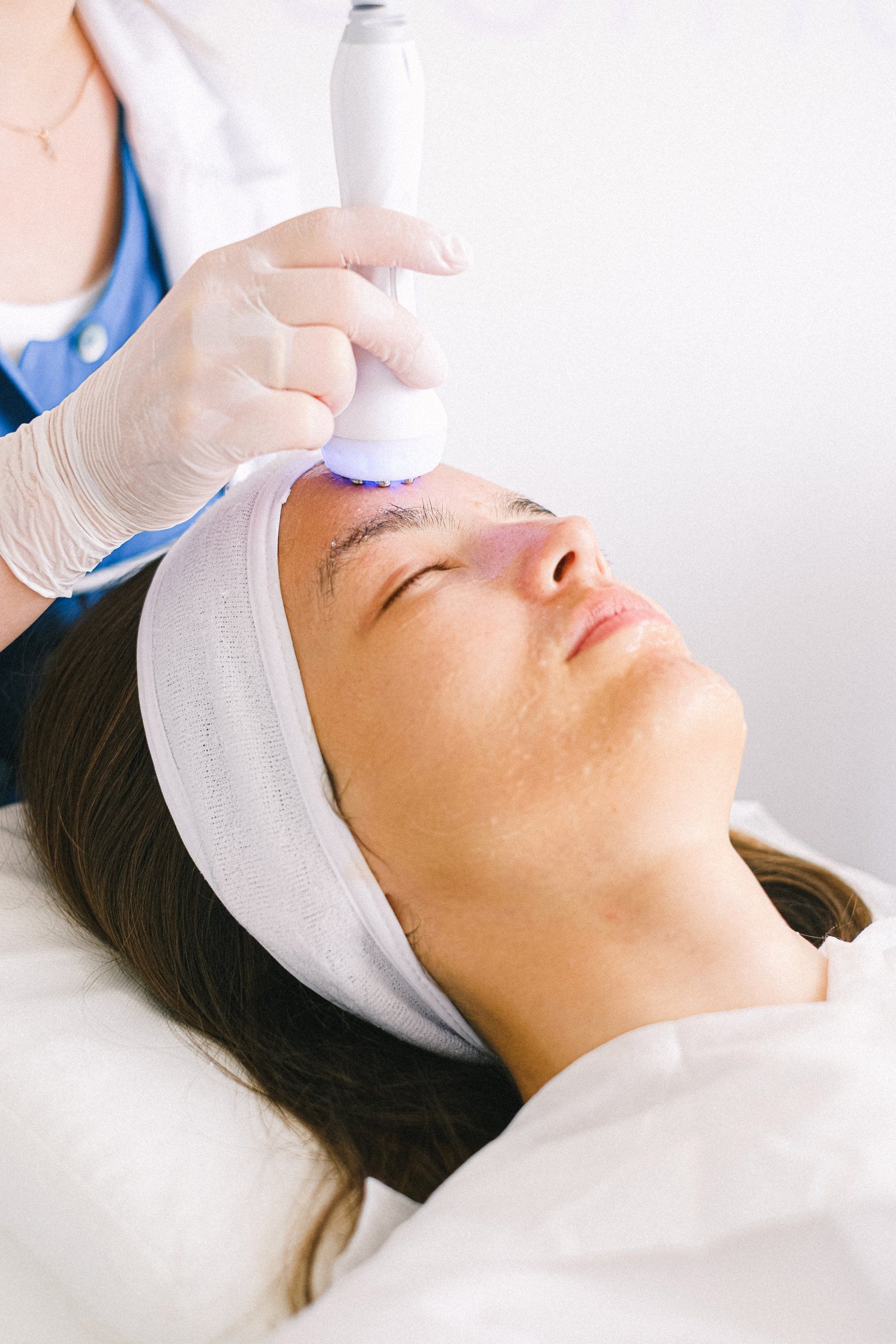What is Hypnotherapy and Does it Work?
Finally Answer Your Question: Should I Get Hypnotherapy?
What is Hypnotherapy?
Hypnotherapy, also referred to as guided meditation, is a heightened state of concentration and focused attention. This form of therapy is considered complimentary medicine and uses relaxation, extreme concentration, and intense attention to achieve a heightened state of consciousness or mindfulness.
Guided by a trained, certified hypnotist or hypnotherapist, hypnosis allows you to be more open to suggestions for making healthful changes in your perceptions, sensations, emotions, memories, thoughts, or behaviors.
What is Hypnotherapy Used For?
Hypnotherapy utilizes one’s mind to help reduce or alleviate a variety of issues, such as psychological distress, phobias, and unhealthy, destructive, or dangerous habits (i.e. smoking and/or drinking).
Hypnotherapy aims to create a positive change in an individual, while one is in a state of unconsciousness or deep slumber. Hypnotherapy is used to treat a wide range of conditions, issues, and unwanted/unhealthy behaviors, such as:
- Phobias
- Addiction
- Relationship/Family/Work Conflicts
- Sleep Disorders
- Anxiety
- Depression
- Post-Traumatic Stress Disorder (PTSD)
- Grief and Loss of a Loved One
- Cessation of Smoking
- Weight Loss
- Sexual Dysfunction
- Athletic Performance
Please note that those, who have psychotic symptoms, such as delusions or hallucinations, should speak to a qualified hypnotherapist or psychologist to determine if this therapy is right for them.
How Do People Describe the Hypnotic Experience?
During hypnosis, a trained hypnotherapist or psychologist uses guided relaxation techniques to elicit feelings of extreme relaxation, focus, and concentration in the individual to help one achieve a heightened state of consciousness.
It’s commonly believed that in the deep state of focus and relaxation that’s achieved with hypnosis:
- Your conscious mind is quieted.
- You’re able to tap into the part of your brain where your thoughts, beliefs, perceptions, sensations, emotions, memory, and behaviors originate.
- In this state, you’re more open to gentle guidance from your hypnotherapist to help you modify or replace the unconscious thoughts that are driving your current behavior.
People describe hypnosis in different ways because hypnotherapy is different for everyone.
You may feel like you’re “zoned in” or in a trance-like state — so focused that you’re able to block out surrounding distractions. Have you ever been so focused on a TV show or so entrenched in a good book that you don’t hear your family talking around you or even your dog barking? Have you ever driven home but can not remember the last few turns? During this time, the driver enters into a light trance operating their car. However, if a car would have pulled out in front of the driver then the conscious mind would have taken over and stepped on the brakes.
This experience is somewhat similar to how you might feel while hypnotized. Many people say they feel calm and relaxed despite their increased concentration. Most described it as a pleasant experience.
What Typically Happens During a Hypnotic Session?
Some fear that while under a trance, one may reveal secrets or be controlled by the Hypnotist. This simply does not occur. If during the session, you’re given a suggestion that you do not agree with, your subconscious mind would reject it. Those being treated with Hypnosis only accept the suggestions that are helpful and meaningful - no need to worry about a Hypnotist controlling you while in a trance. If Hypnotists could control people and make them do anything that they wanted, they wouldn’t be focused on helping people.
To make one feel better, we have laid out the four stages of hypnosis: induction, deepener, suggestions, and emergence.
Induction
During this stage, you begin to relax, focus your attention, and ignore distractions. Your hypnotherapist will guide you through this stage with specific techniques such as controlled breathing (breathing in over a count of seven, then breathing out over a count of 11), or progressive muscle relaxation (tensing muscles as you breathe in and relaxing muscles as you breathe out, then repeating in a certain order of muscle groups throughout your body) or focusing on a visual image.
Deepener
In this stage, you will take your relaxation and focus to a deeper level. This step often involves counting down or using similar descending imagery such as walking down the stairs or slowly sinking deeper and deeper into a comfortable bed. These first two stages are aimed at easing your openness to suggestions.
Suggestions
This is the stage for actual change in experience, behavior, or perception. Your hypnotherapist will use imagery and carefully chosen language. The suggestions are usually symptom-focused (to resolve a symptom) or exploratory (to explore experiences associated with the start of symptoms). Suggested changes may be in perception, sensation, emotion, memory, thought, or behavior.
Emergence
During this stage, you come out of hypnosis. Your hypnotist may use reverse deepeners, such as giving you the suggestions that you’re climbing up the stairs or counting up.
Should I Get Hypnotherapy?
The answer to this question depends on what your issue is and what you want to be addressed.
Research is starting to suggest that this complimentary psychotherapy treatment may prove to be extremely beneficial for a wide range of psychological, physical, and behavioral issues. It is important to note, however, that although hypnotherapy is considered a complimentary treatment, it is still a highly regulated, legitimate form of psychotherapy that is sometimes used to help people cope with distressing and painful events.
It is also used to help ease physical, mental, emotional, behavioral (i.e. smoking, addiction, weight loss, or nail-biting), and psychological symptoms (i.e. stress, anxiety, ADHD, PTSD, phobias, and depression), so individuals (young and old) can live happy and productive lives.
Furthermore, it has also been proven effective in the treatment of addiction – in some individuals. Ultimately, however, the true goal of hypnotherapy is to help individuals develop a deeper understanding of themselves.
Book An Appointment at Balanced Beauty Today
Hypnosis is a shift in consciousness that enables you to tap into core thoughts, emotions, perceptions, and beliefs — and with the guidance of a trained hypnotherapist — to change your thinking pattern to better manage your health issue.
Hypnotherapy isn’t for everyone, but it might be helpful for you. It can be a powerful and successful add-on tool to other more traditional forms of mental health or medical therapy. If you’re interested, be sure to book a free consultation with your local medical and wellness spa, Balanced Beauty:
https://balancedbeautywellnessandmedicalspa.myaestheticrecord.com/book/appointments











